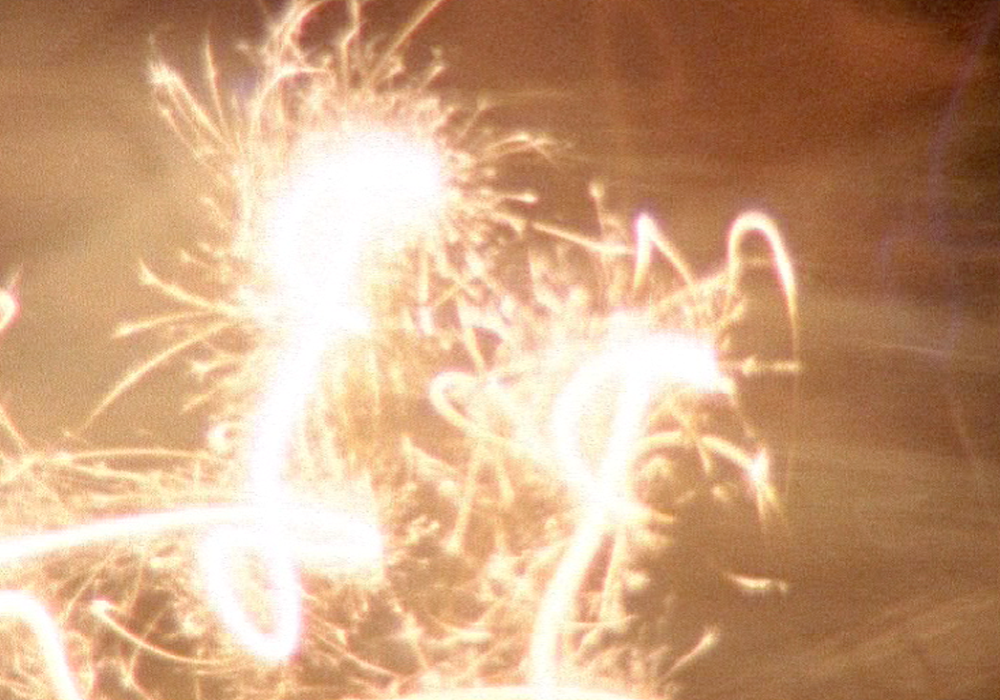
Resonant Spaces
A tour with John Butcher and Akio Suzuki that set out to allow the audience to experience (and to listen to) the enviroment around them in different way.
Arika have been creating events since 2001. The Archive is space to share the documentation of our work, over 600 events from the past 20 years. Browse the archive by event, artists and collections, explore using theme pairs, or use the index for a comprehensive overview.

A tour with John Butcher and Akio Suzuki that set out to allow the audience to experience (and to listen to) the enviroment around them in different way.

Since the 1960’s Oliverios has had a profound influence on generations of musicians through her work with myth and ritual, improvisation and meditation.

Somewhere between performance, stripped down theatre and an intense kind of public learning or maybe even a public hearing.

Julius Eastman’s Evil Nigger for 4 pianos performed by Joe Kubera, Kate Thompson, David Murray, Alan Fearon and Simon Passmore.

Three short performances involving social exchange (jumpers, hats, glasses…) and singing (ballads)

Black-clad with an ominous aura created by their distorted guitar epics, burnt-out ballads and raucous mantric jams.

Taking over the gallery spaces at Dundee Contemporary Arts, the first Kill Your Timid Notion presented a 3 day programme of live immersive experiences and specially curated film programmes.

Includes: tamed TV snow, video feedback of racing particles, a remake of a polish photogram film destroyed in WWII, a visual and aural representation of Gestalt theory, hole-punched film and Guy Sherwin’s Cycles 3 double-projection.

Freeform Super 8mm documentation of Sunday at Instal 06 by filmmaker Matt Hulse.

A performance bearing witness to a struggle built upon patience and collective action from the great multi-instrumentalist and member of the AACM.

A historical narrative of the black and Latino/a transgender, bisexual, lesbian, and gay House and Ballroom Scene in relation to race, gender, sexuality and class oppressions.

Rather than asking the state for services, what kinds of change are made possible when we prioritise people supporting each other?